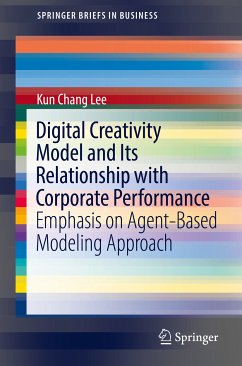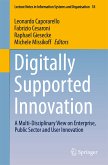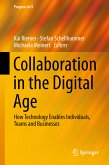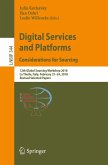This book provides theoretical and practical backgrounds for the digital creativity management and related Agent-Based Modeling (ABM) results on the basis of a set of realistic assumptions in which several topics such as knowledge network, diversity, individual creativity, team creativity, exploration and exploitation, and organizational creativity are discussed. Until now, there has been no clear-cut methodology by which creativity management can be articulated and materialized into the business process management within companies and corporate performance. Though many approaches have been proposed to tackle the creativity research issues, this book adopts a new approach which assumes that the network structure formulated by interrelationships among team members decides individual creativity and team creativity as well, and ABM-based simulations lead to robust analysis of corporate performance over time. Typical examples of network structure under consideration in this study are degree centrality and structural hole (an opportunity to broker the flow of information between people, and control the projects that bring together people from opposite sides of the hole). This book suggests detailed analysis of source code used in implementing a prototype digital creativity simulation engine with related snap-shots and ABM results, so that readers can understand hard core of how to design and implement ABM tasks related to target problems, and extract implications from the ABM results.
Dieser Download kann aus rechtlichen Gründen nur mit Rechnungsadresse in A, B, BG, CY, CZ, D, DK, EW, E, FIN, F, GR, HR, H, IRL, I, LT, L, LR, M, NL, PL, P, R, S, SLO, SK ausgeliefert werden.









